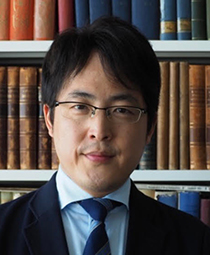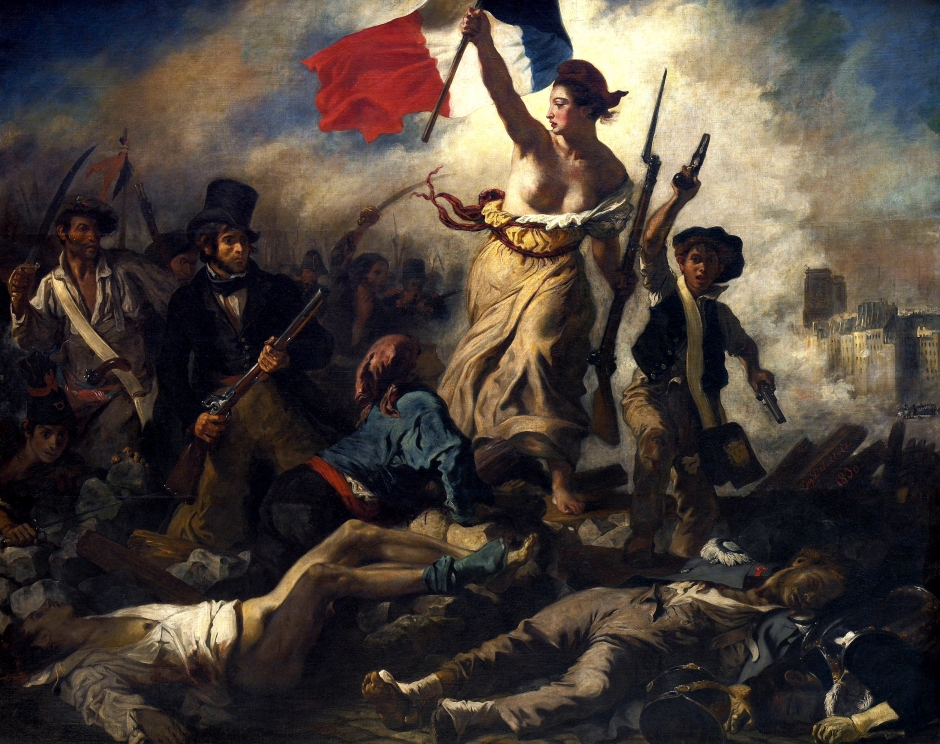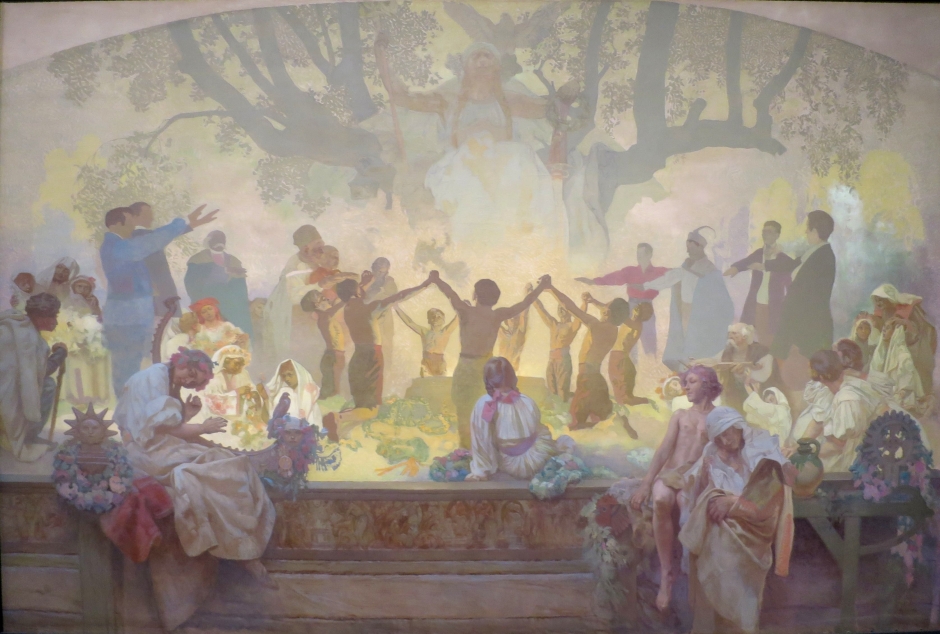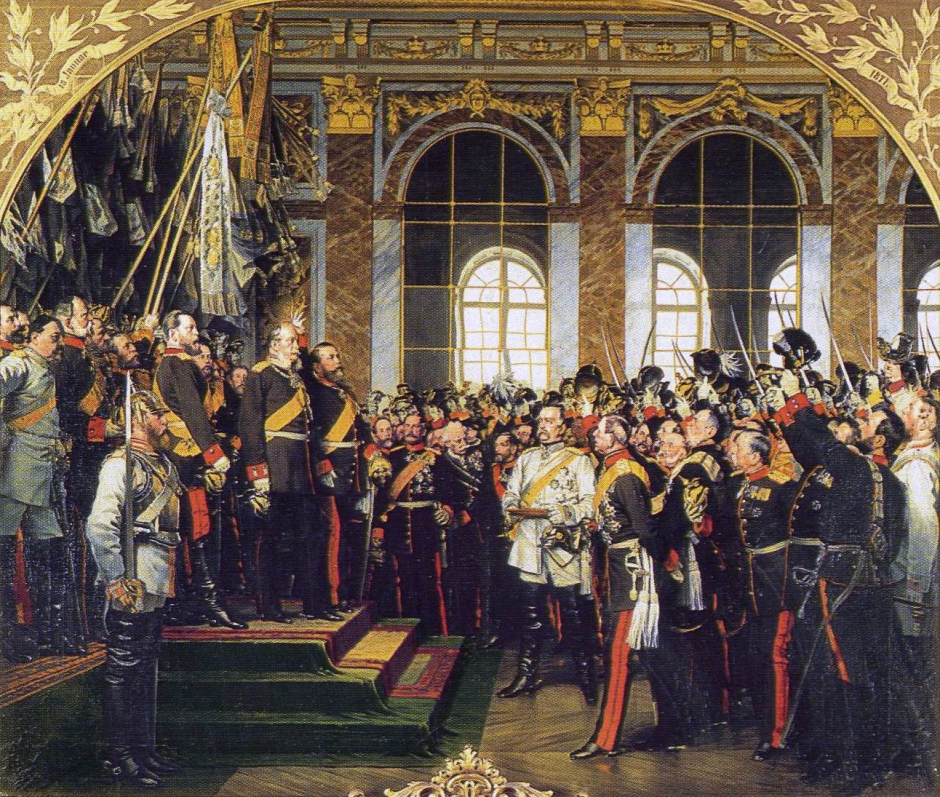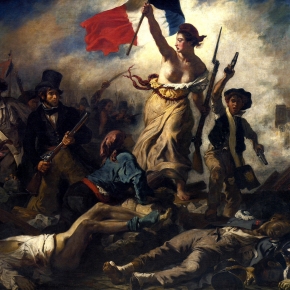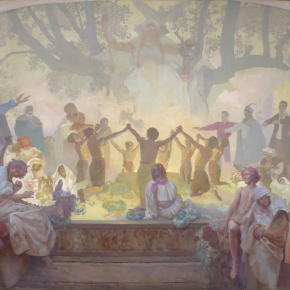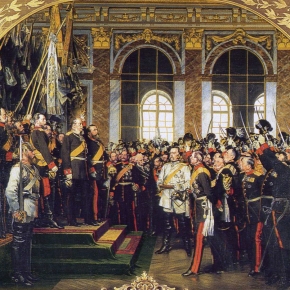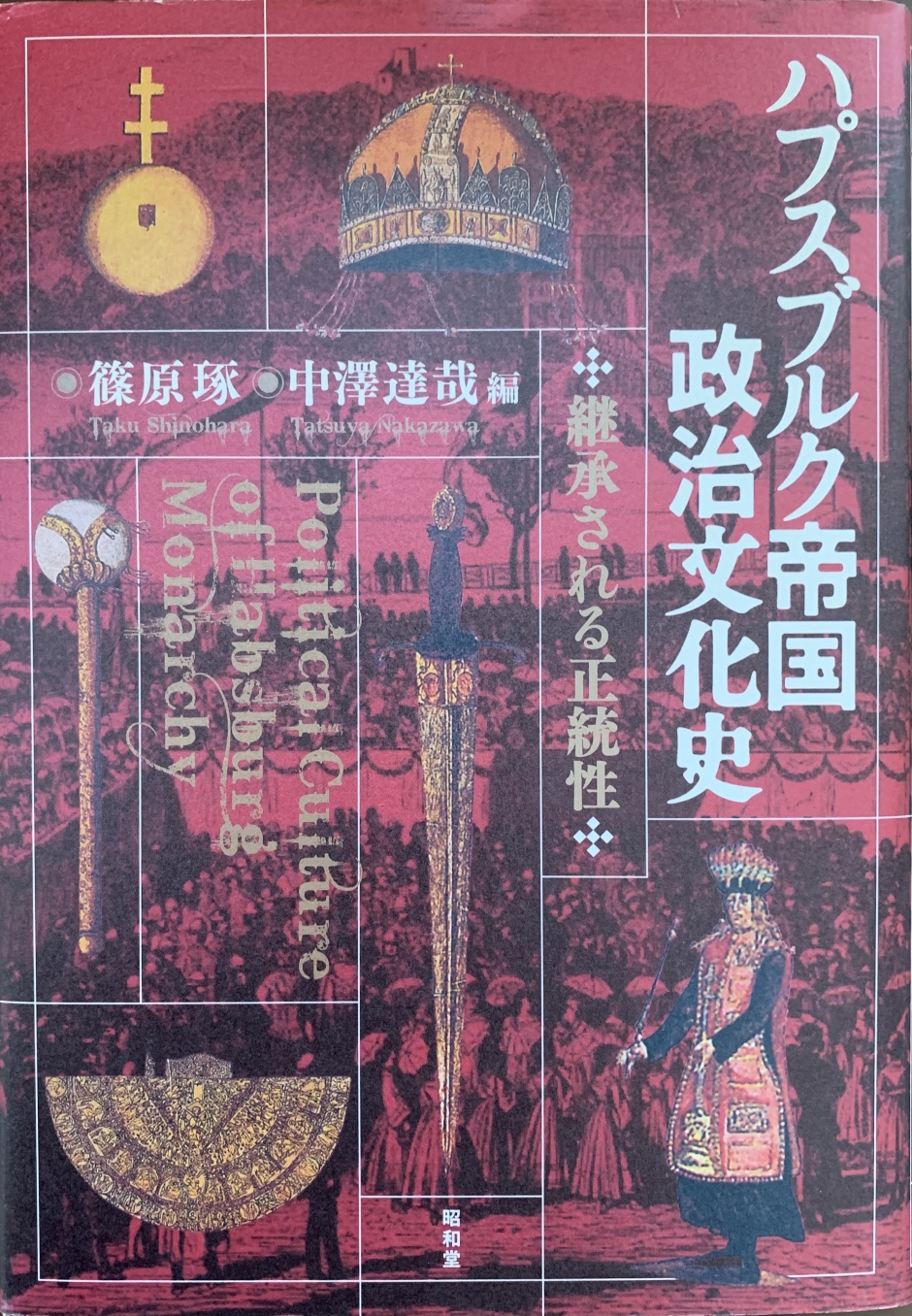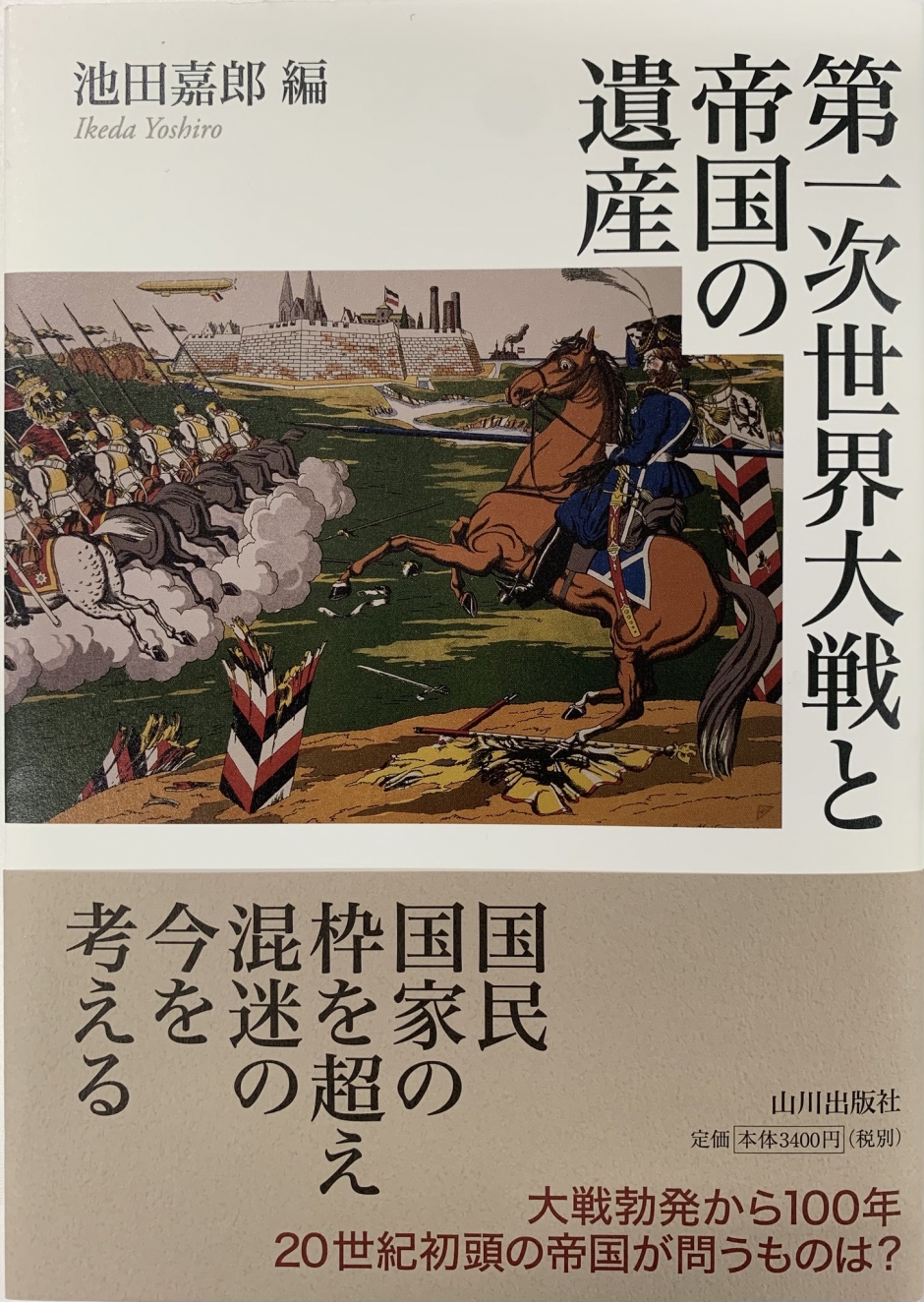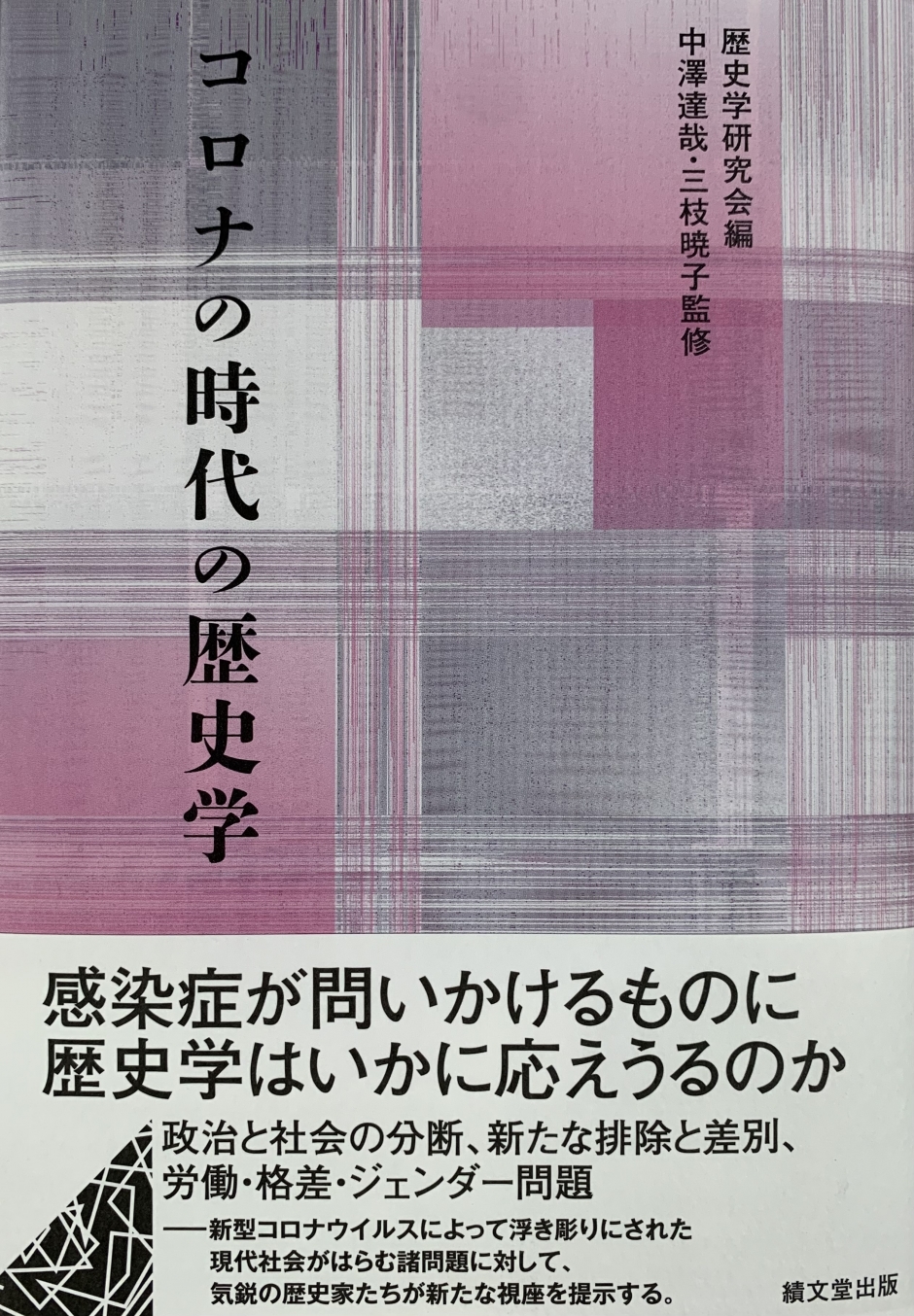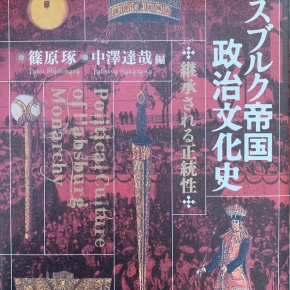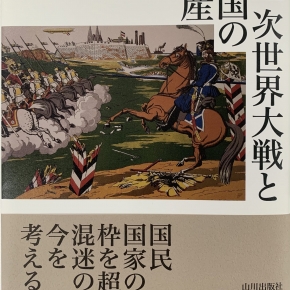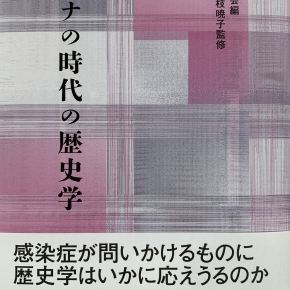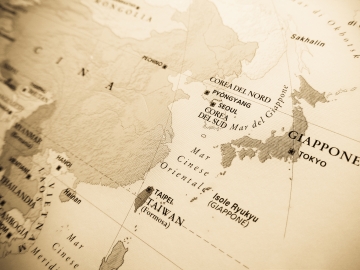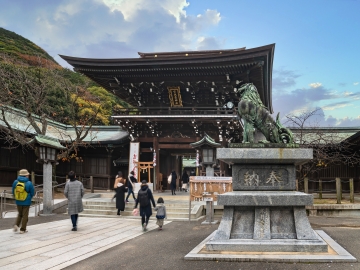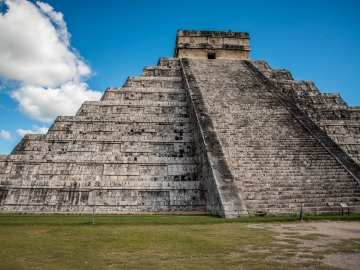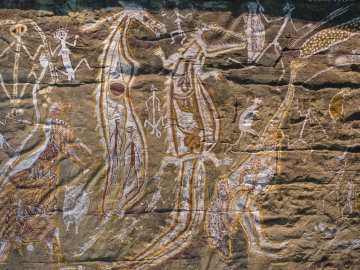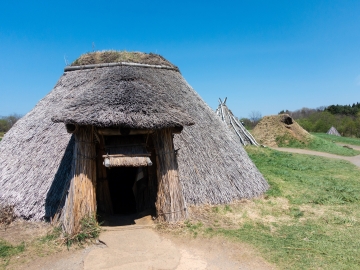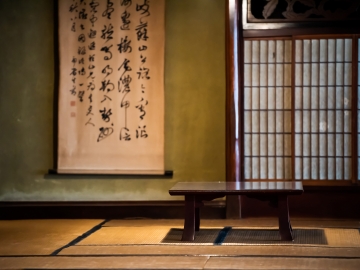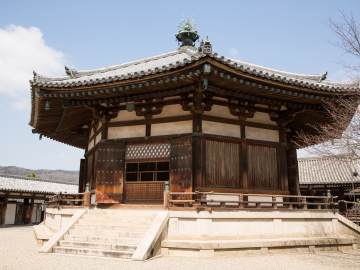Research Theme
Synthesis of nationalism and ethnicity theories
Research Director
NAKAZAWA, Tatsuya
Faculty of Letters, Arts and Sciences, School of Culture, Media and Society
Project Members
- IIYAMA, Tomoyasu Professor, Faculty of Letters, Arts and Sciences, School of Humanities and Social Sciences
- JINNO, Takashi Professor, Faculty of Letters, Arts and Sciences, School of Humanities and Social Sciences
- KOMORI, Hiromi Professor, Faculty of Education and Integrated Arts and Sciences, School of Education
- MATSUMAE, Moyuru Professor, Faculty of Letters, Arts and Sciences, School of Culture, Media and Society
- MATSUZONO, Shin Professor, Faculty of Letters, Arts and Sciences, School of Humanities and Social Sciences
- NAKAZAWA, Tatsuya Professor, Faculty of Letters, Arts and Sciences, School of Culture, Media and Society
- OBARA, Jun Professor, Faculty of Letters, Arts and Sciences, School of Humanities and Social Sciences
- TARUMOTO, Hideki Professor, Faculty of Letters, Arts and Sciences, School of Culture, Media and Society
- AOSHIMA, Yoko
- IDE, Takumi
- IKEDA, Yoshiro
- KAMBARA, Yuko
- KIDO, Yoshiyuki
- KINUGASA, Taro
- MAYUZUMI, Akitsu
- MITSUI, Takashi
- NAGAYO, Susumu
- ONO, Sho
- ONODERA, Shiro
- ONODERA, Takuya
- OZAWA, Hiroaki
- SHINOHARA, Taku
- SUZUKI, Takeo
- TAKEI, Ayaka
Research Keywords
Nationalism, ethnicity, nation-state, empire
Research Summary
he study of nationalism, which began in earnest in the UK and the USA in the 1980s, was contested by the end of the 1990s on the basis of constructivism, primordialism and ethnosymbolism, and has deepened on a global level beyond the fields of cultural anthropology, ethnology, politics, sociology and history. The debate has deepened on a global level, transcending the realms of cultural anthropology, ethnology, political science, sociology and history. Constructivism was joined by cultural studies and postcolonial studies, and the field of nationalism studies became even more vibrant. Importantly, however, from the 2010s onwards, the limitations of both theories began to be pointed out. Specifically, the following four main currents emerged by the 2010s.
(A) Constructivism by E. Gellner, E. Hobsbawm, B. Anderson and others.
(B) Primordialism by P. van den Berk and others
(C) Ethno-symbolism of A. Smith, J. Armstrong and others
(D) Social constructivism of P. Geary, A. Marks, M. Viroli and others
(D) in particular represents the potential for synthesis of nationalism and ethnicity theories through
historical research. In view of this situation, the main objective of the Institute is to establish the first Nationalism Research Centre in Asia, centred on Japanese historians who have accumulated a great
deal in this research field, and to synthesise the same research with (D) as a starting point.
Activity Plan
Symposia and meetings every three months
